This article reflects on the evolution of bisexuality in video games, celebrating the increased representation within the gaming industry. As part of Pride Week 2025, the piece highlights significant milestones from games like The Sims 4, which recently added custom sexuality options, to more nuanced portrayals in titles such as Life is Strange and Hades. Historically, the concept of "playersexuality" allowed players to engage with characters regardless of gender, yet this approach sometimes oversimplifies bisexuality. The text calls for deeper narratives that venture beyond the surface-level romance, showcasing authentic and relatable queer experiences in gaming.
How has bisexual representation in video games changed over the years?Bisexual representation has improved significantly, moving from simplistic "playersexual" narratives to more fleshed-out characters and storylines. Games like The Last of Us, Life is Strange, and Hades embody this progress, depicting bisexuality in a more authentic and relatable manner, reflecting the complexities of real-life bisexual experiences.
Established in 2000, The Sims has been a trailblazer in representing diverse relationships and identities, with players creating and customizing their characters' lives freely. The game's influence has paved the way for more inclusive games, promoting acceptance and understanding within the gaming community. Titles like Hades and Life is Strange continue to push boundaries, offering gamers rich narratives and multidimensional characters that reflect the contemporary understanding of bisexuality.

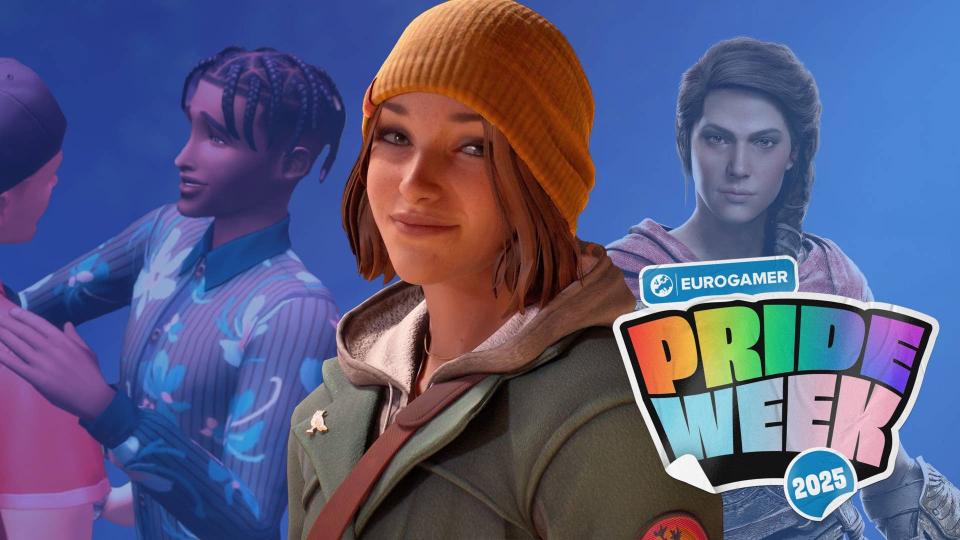
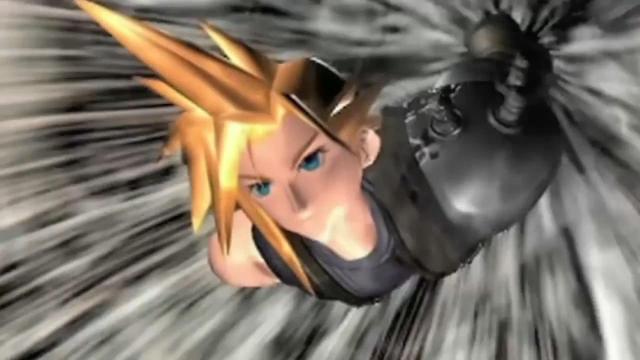

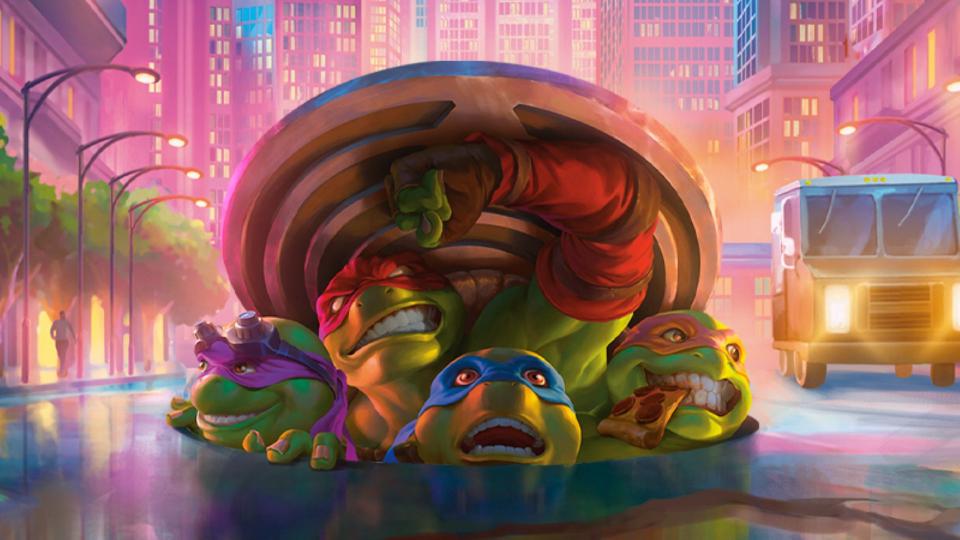
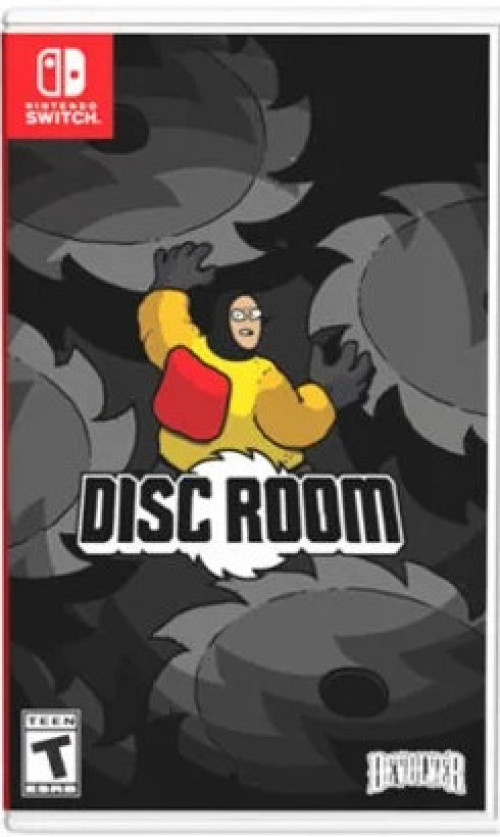
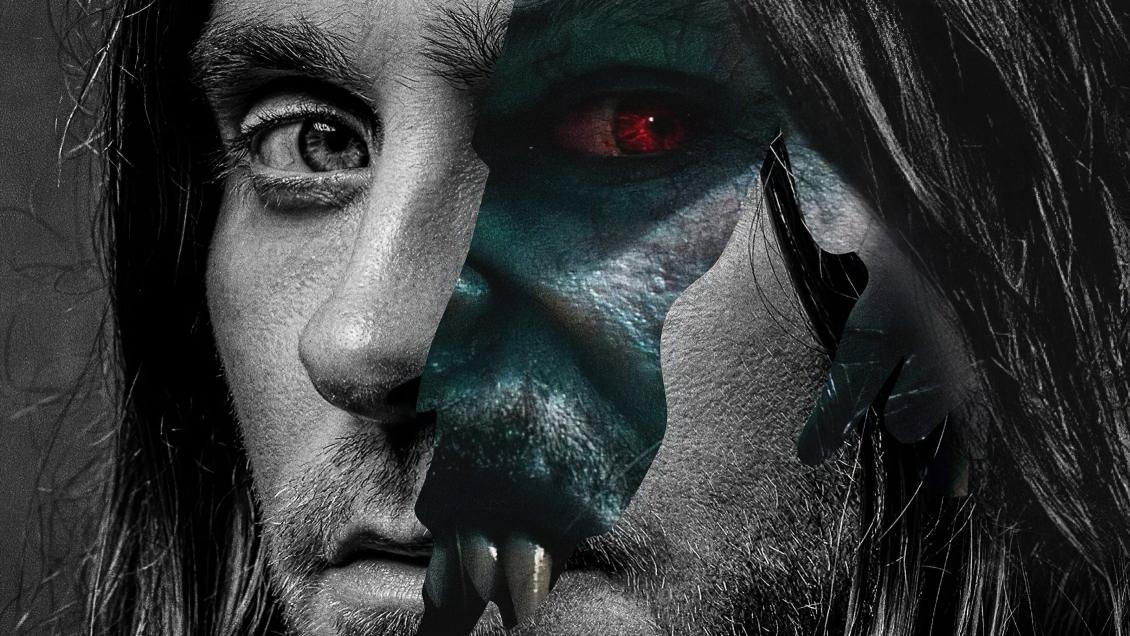
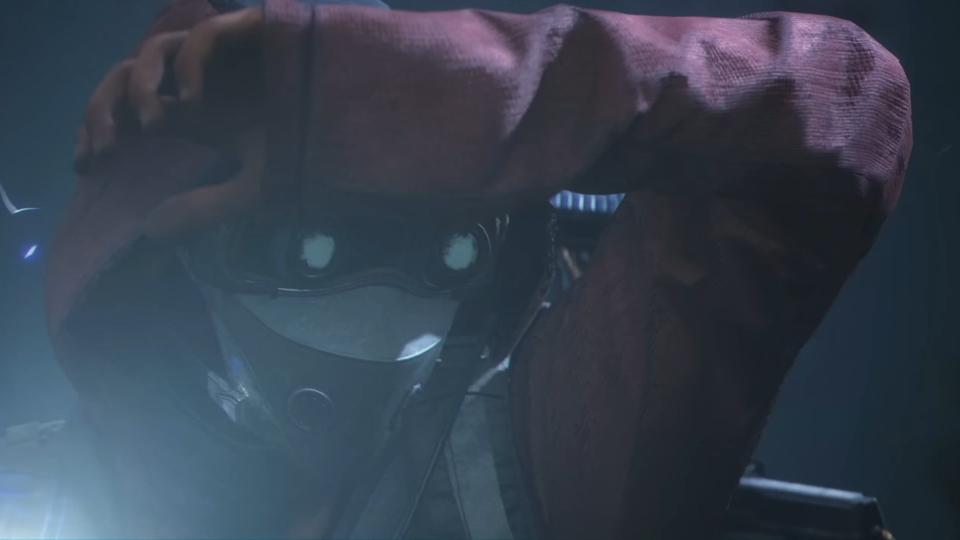
Comments
Nice to see bi rep evolving from everyone’s into you mechanics to characters with actual identities—props to The Sims 4 for letting players define their own stories. Now if only more games could balance that freedom with meaningful, non-tokenized storytelling.
It's great to see games finally moving beyond the playersexual trope and giving bisexual characters real depth—Hades and Life is Strange really nailed it. Still, we’ve got a ways to go before every queer storyline feels as natural as the straight ones.